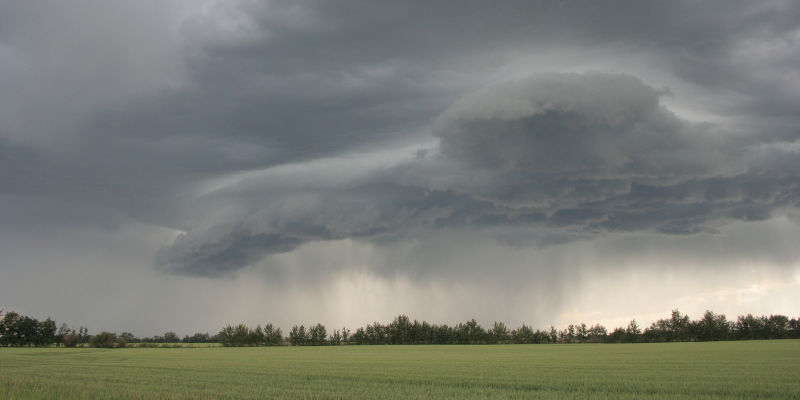News
Weatherproofing Your Beekeeping Business

When the Sky Turns Against You
Climate change; It’s one of those topics — like politics, religion, or race — that makes people tense before the first sentence is even finished.
Now that I have your attention, I’m not here to preach about global warming, emissions targets or debate what’s to blame.
I’m not asking you to believe in anything except what you can see with your own eyes.
Because whatever you believe about the climate, one thing is undeniable: the weather is getting harder to work with. Think Tasman floods. Cyclone Gabrielle. Droughts across South Australia, Victoria, and Hawke’s Bay. These aren’t headlines anymore — they’re operational realities.
But I want to focus on something more subtle: The small, unseasonal weather events that catch us off guard within a season.
These unseasonal events cause chaos for beekeepers.
- A sudden frost or cold snap — just when colonies are expanding
- A late-season downpour — that washes out your access track
- A cold/wet spell — that delays flowering by two weeks, right as your colonies peak
You’ve probably lived through a few of these in recent years.
And it’s not just anecdotal anymore. Insurers have noticed to!!
Across NZ and Australia, premiums are climbing fast — not because politicians said so, but because insurers follow risk like hounds to blood.
- In Australia, 1 in 25 homes are expected to become uninsurable by 2030. Entire postcodes in Queensland and Northern NSW have been blacklisted due to floods. Premiums are rising 20%, 30%, even 50% in some areas.
- In New Zealand, coastal and low-lying areas are already being marked as high-risk, with insurers either pulling out or pricing themselves out of reach.
- The Earthquake Commission is reviewing its policy — not just for quakes, but for cyclones, slips, king tides, and torrential rainfall.
- NIWA reports that we’re seeing five times more extreme temperature events than we would under a stable climate.
This isn’t just happening in the cities — this impacts all of us.
Ask yourself:
- Where are we geographically vulnerable?
Which of our apiaries are sitting ducks? Are any apiary sites flood-prone, hard to access in wet conditions, or exposed to wind? - What’s our plan B if flowering is delayed by two weeks?
Do we have colonies staged too early? Can we shift them, or reassign them?
You already know this subconsciously, however planning the management practices you will implement beforehand is critical to reduce stress and impact while you are in the think of it when it does happen.
Above all, if you’re a pollinator;
Keep your clients in the loop. Customer loyalty is critical. At the end of the day, You don’t want clients who just “hire a beekeeper.”
You want a customer who trusts you to help them manage their own risk. Educate them, align with them and keep communication lines open at all times, so they feel listened to.
Final Thoughts
Extreme weather will disrupt any business; however, when it comes to smaller weather patterns within seasons, every storm teaches you something. Every reschedule is a message.
The businesses that thrive through this decade won’t be the ones who worked the hardest.
They’ll be the ones who planned the best — and built resilient systems.
So as this season kicks off, pour a strong coffee, grab your calendar, and give yourself and your clients the best possible shot at riding out the next curveball.
Blacklisted due to floods. Premiums are rising 20%, 30%, even 50% a year in some places.
